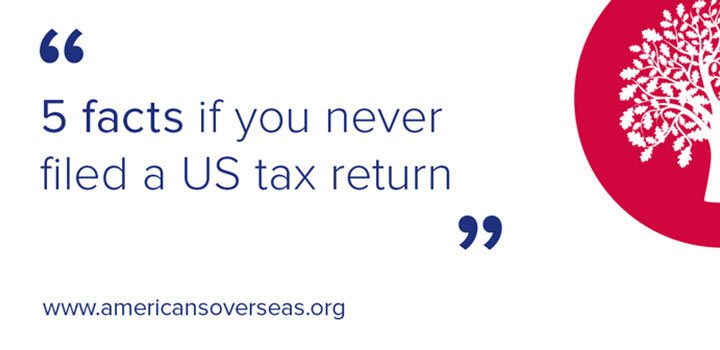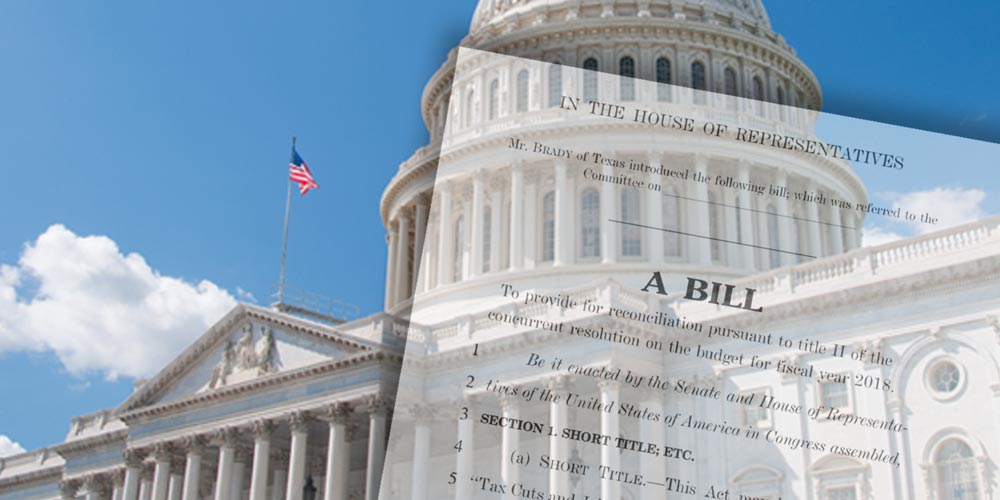
BBC: Americans living overseas renouncing their US citizenship due to USA taxes

BBC reports on the great number of Americans living overseas renouncing their US citizenship due to USA taxes filing requirements.
When faced with the US citizen-based taxation rules people have gone several routes. Some become compliant and file every year while others decide to do nothing. Another group files their taxes and hands in their US passport by renouncing.
Renouncing your citizenship is no small feat even if you weren’t born in the US. In this article, we share some emotional stories of people who decided to renounce their US nationality.
Pamela Schmidt from Germany renounced because of FATCA
“I was an American citizen, and I have spent most of my time in Europe for the last 12 years. The bizarre financial rules in the US did make the decision to renounce easier. The American government with laws like FATCA (Foreign Account Tax Compliance Act) treats non-criminal citizens abroad like tax-dodgers and limits Americans’ financial situation when living abroad, as many local banks don’t want to deal with these regulations.”
Cynthia Bennett from Germany had the same problem with her US citizenship and USA taxes
“I gave up my US citizenship in 2011. The trigger that got me into action was FATCA and the realization that US congressmen and senators will happily throw middle-class Americans living and working abroad under the bus if that can garner them a few soundbites under the pretense of “punishing rich tax evaders”. Expats are totally out of their considerations because expats won’t affect their election results.”
Michael Hayes from Freigericht, Germany found that the US tax system was a financial risk for him while living overseas and renounced
“With its draconian penalties and inscrutable or non-existent filing guidelines, reporting into the US tax system has become a major financial risk for Americans living abroad. I decided to eliminate this risk to my family and well-being and simplify my life. Thus I became a German citizen and renounced my US citizenship.”
Lorenzo was fed up with the administrative burden
“I renounced my US citizenship recently as I am also a British citizen. It is probably true that most individuals do so for tax reasons or, at least, to free themselves from the administrative burden of having to file yearly tax returns in the US. This requires professional help even in the simplest of cases.”
Mike Connally from Reading, England had the same problem with filling in US taxes forms
“Gave it up nearly 20 years ago. The reason: I never owed any taxes, as my foreign-earned income exemption was high enough to cover my meager income. But I was fed up with having to file extremely burdensome and voluminous forms every year to report every chapter and verse of my financial life to the US. Morally, it’s none of their business, and I’d had enough.”
Michael from London renounced because USA taxes compliance was a nightmare
“I renounced my US nationality after having lived in the UK for almost 20 years. I was born and raised in America and am still an “American”. Having or not having a US passport makes no difference. The reason I renounced my US nationality was that compliance was a nightmare. I usually paid little or no US tax, but the time and money involved in filing tax returns and bank account disclosures became onerous. Retirement planning was almost impossible without spending a lot of money on expert advice. The rules are foolish and probably end up costing more to enforce than is collected in tax.”
Alec also from London, owed 2,000 dollars in USA taxes because of a mistake and renounced his US citizenship
“I left the US at the beginning of 1993. Next April I will have lived in the United Kingdom for 20 years. I held both British and American citizenship for several years, but when the IRS contacted me and told me that I had incorrectly filed my taxes after a monetary windfall one year, and owed them over $2,000, I decided the time had come to give up my American passport.”
How to renounce US citizenship because of USA taxes?
Americans living overseas wishing to renounce their US citizenship must voluntarily and with intent to relinquish U.S. citizenship:
- appear in person before a U.S. consular or diplomatic officer,
- in a foreign country at a U.S. Embassy or Consulate; and
- sign an oath of renunciation.
- pay the fee: remember the U.S. has the highest fee in the world to renounce citizenship at $2,350.
- renouncing your US citizenship may have no effect whatsoever on your US tax obligations: you will have to have filed your USA taxes up a to a number of years back until the date of renunciation.
Questions people ask us about renouncing because of USA taxes
- Can I renounce my US passport/citizenship and never file?
- Exit tax when renouncing you US citizenship
More questions about USA taxes and your US citizenship?
We, the founders of Americans Overseas, were born in the Netherlands and obtained our American nationality through our (American) mother.
When we heard about this for the first time around 2013, we were in total disbelief (it can’t be true!), anger (how can they do this?), fear (am I going to get fined or pick up other problems?), and panic (what should I do?).
It is (unfortunately) true that there is an additional American tax levy. But there’s no information from the local government, and when approached, the consulate referred us to the IRS, and the IRS was impenetrable.
That’s why we started this initiative to help people from all over the world by providing proper information to avoid unnecessary panic and offering help free of obligation and free of charge. If needed, we have a network of affordable professionals (accountants) who can help you with your tax obligations.
If you have more questions about the USA taxes and renouncing your US citizenship you can contact us at Americans Overseas.
Contact us for more information
Sources: BBC, State.gov
Frequently asked questions
Understanding the US tax system, the obligations, and all the additional terms can be difficult. Especially if one lives outside of America. Is your question not answered? Contact us.
-
Who is required to file taxes in the US?
U.S. citizens and resident aliens who live abroad are generally required to file a federal income tax return and pay taxes on their worldwide income.
Read more... about Who is required to file taxes in the US? -
Do US citizens living abroad still have to file taxes in the US?
Yes, US citizens are required to file taxes on their worldwide income, regardless of where they are living.
Read more... about Do US citizens living abroad still have to file taxes in the US? -
How can I cash my US check?
Received an American check? You can cash your check in the following ways: cash the check at your own bank, transfer to another person (endorsement), cash checks using an online service or cash the check by another bank.
Read more... about How can I cash my US check? -
Are there any special tax forms required for US citizens living abroad?
US citizens living abroad may be required to file Form 2555 and/or Form 1116 to claim the foreign-earned income exclusion.
Read more... about Are there any special tax forms required for US citizens living abroad? -
What is FBAR filing?
FBAR (Foreign Bank Account Report) filing is the requirement for certain U.S. individuals and entities to report their foreign financial accounts to the Financial Crimes Enforcement Network (FinCEN) of the U.S. Department of Treasury. The FBAR filing requirement applies to U.S. persons who have a financial interest in, or signature authority over, one or more foreign financial accounts if the aggregate value of those accounts exceeds $10,000 at any time during the calendar year.
Read more... about What is FBAR filing?





